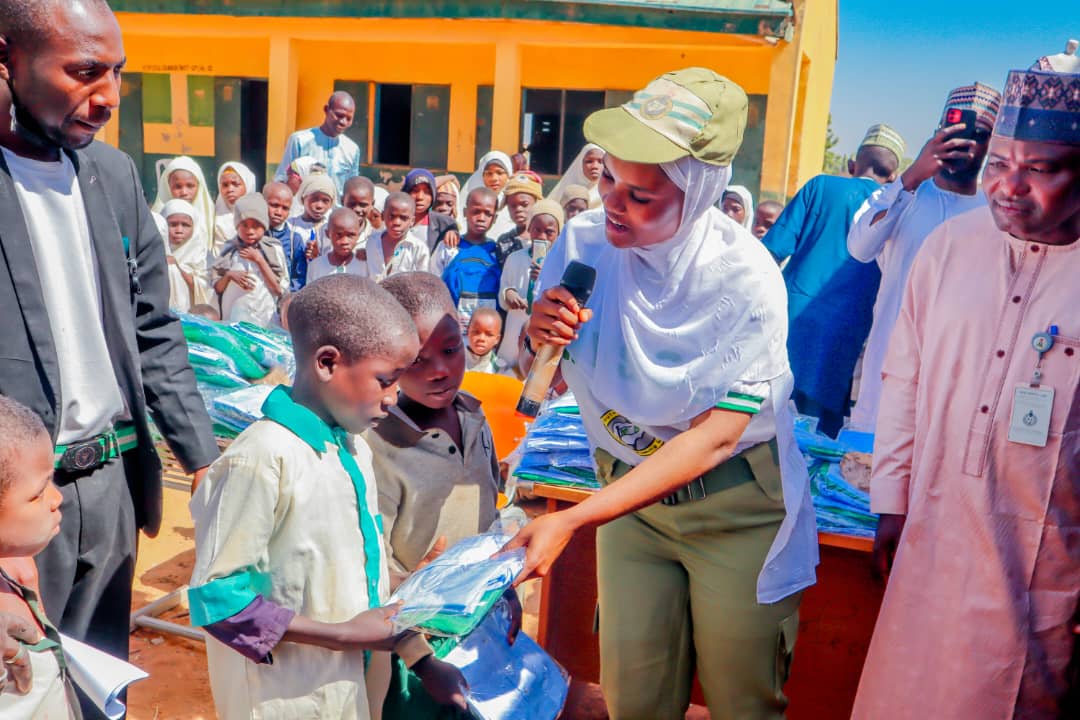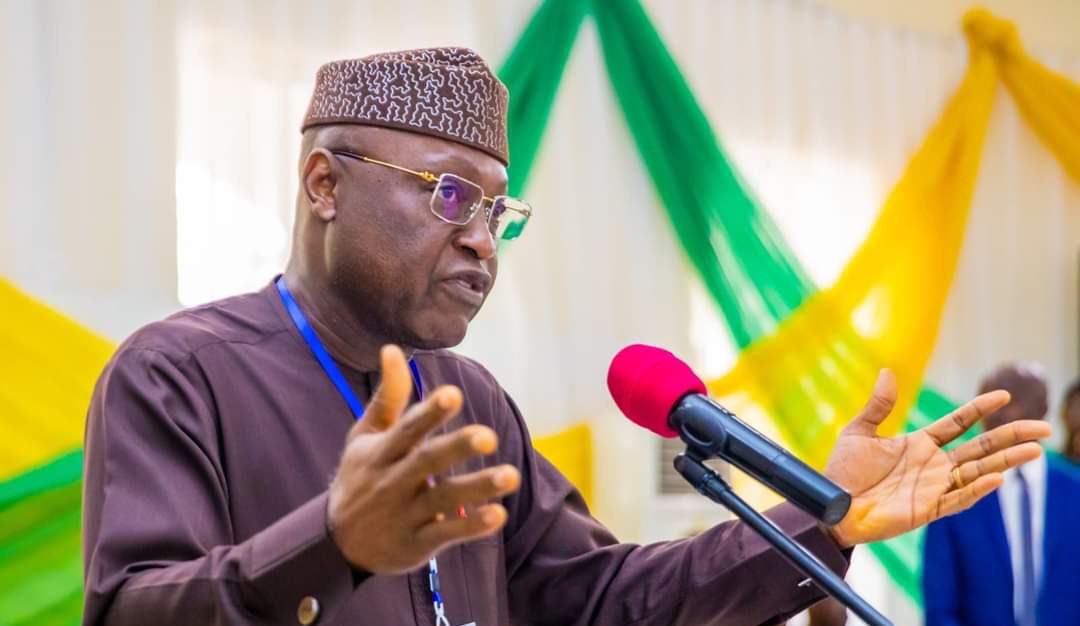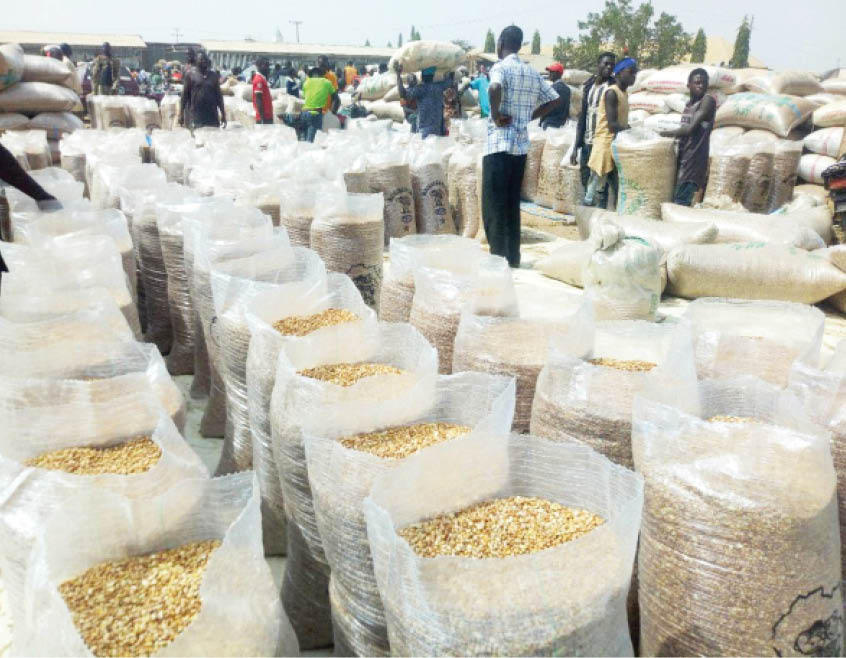The United Nations Federation of International Astro has announced its plan to empower 75,500 members of the National Association of Nigerian Traditional Medicine Practitioners across the country.
This was disclosed by the UNFIA Africa coordinator, Prof Olumuyiwa Babalola, during an empowerment programme in Nigeria on Sunday.
According to him, the beneficiaries of the empowerment drawn from Oyo, Kano, and other states would be extended to traditional birth attendants who will have access to grants for sustainability.
“Traditional Birth Attendants (TBAs) form an integral part of the social, cultural, and religious fabric in most rural communities in Nigeria.
“The objectives of the ongoing programme are to empower TBAs and access the use of a culturally adapted audio-visual workshop intervention to change their knowledge, attitude, and willingness to promote immunization uptake. It will also focus on the nitty-gritty of incubation processes, the production and packaging of herbal medicine,” Babalola said.
He also stressed the provision of incubator held on mechanism in the production and packaging of traditional medicines.
Recall that UNFIA had recently expressed commitment to establishing the UNFIA African Traditional Medicine Practitioners Cente in Nigeria during a conference organised by the SouthWest chapter of the NANTMP in conjunction with UNFIA in Abeokuta, the Ogun State.
At the conference, the UNFIA also promised to work hand-in-hand with Nigerian authorities to develop guidelines, standards, and protections for traditional medicine practices, saying, “We will advocate for the inclusion of traditional medicine in public health programs, national insurance plans, and community health initiatives.
“Additionally, we will work to protect the intellectual property rights of traditional practitioners and indigenous communities, ensuring that their knowledge is preserved and respected, not exploited. By advocating for strong policies, we can create a sustainable framework that allows traditional medicine to thrive.”

 1 day ago
1
1 day ago
1















 English (US) ·
English (US) ·